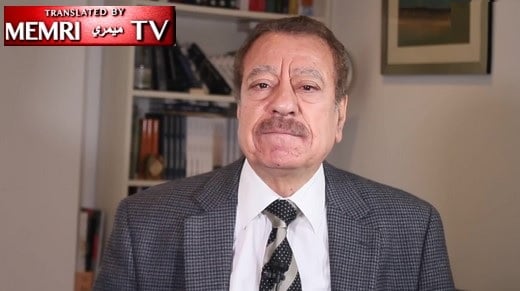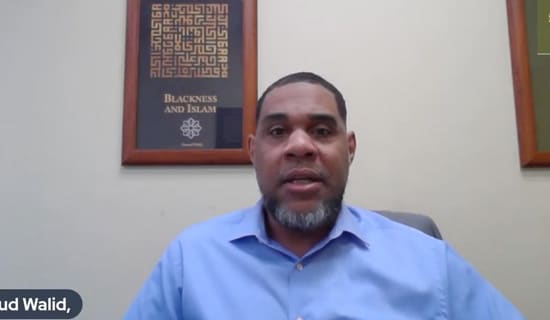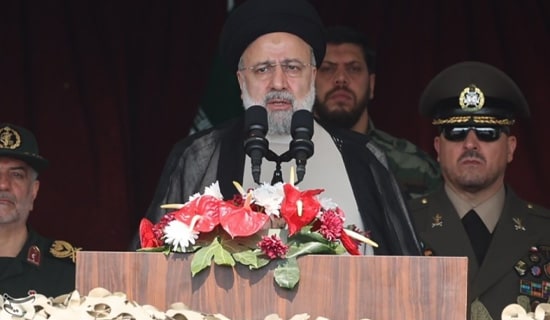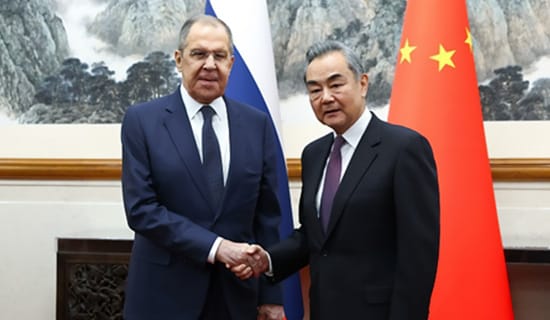Following an incident on August 11, 2020 in which a Turkish drone attack in northern Iraq caused the death of two Iraqi officers and an Iraqi soldier, the online Arab website Rai Al-Yawm, owned by senior Palestinian journalist 'Abd Al-Bari 'Atwan, posted an editorial which harshly criticized Turkey and its aggressive policy against Arab countries. In addition to violating Iraq's sovereignty, said the editorial, Turkey is occupying parts of northern Syria and supporting the opposition forces there, and sending fighters and weapons to Libya in preparation for a campaign in that country. In addition, its relations with the Gulf states are strained, and it is on the verge of war with Egypt over Libya and with Greece over its activity in a disputed zone of the Mediterranean. The editorial stated that this aggression is hard to fathom, especially coming from "a Muslim country which is supposed to be an ally and protect the Arab issues against American-Israeli aggression." This conduct, it added, betrays "a lack of wisdom" and " adventurousness bordering on recklessness," and has caused Turkey to lose all its Arab allies, which are in fact uniting against it. Finally, the editorial urged Turkey not to disregard the criticism, but to change its policy and adopt a diplomatic approach, "otherwise the consequences will be dire and the price paid by Turkey, its people, its security and its stability will be high."
The following are translated excerpts from the editorial. [1]

'Abd Al-Bari 'Atwan (Source: Memritv.org)
"Today, following the attack on an Iraqi military position and the killing of two Iraqi officers by a Turkish drone in northern Erbil in the Kurdistan region, it is clear that these recurrent Turkish attacks have left Ankara without a single Arab ally, including its neighbors. Its forces are invading Syria, it is fighting in Libya, and now it has violated Iraq's sovereignty. It is [also] on the verge of a clash with Egypt, and its [relations] with the Gulf States are strained. This exposes it… to extensive criticism, especially to the claim that it only fights against the Arabs and occupies only their land. This phenomenon is gradually increasing, and the Turkish leadership doesn't [seem to] understand the impending dangers inherent in it.
"The Iraqi government responded to this blatant breach of [its sovereignty over] its lands and the killing of the two officers by cancelling the scheduled visit of [Turkey's] Defense Minister in Baghdad. [In addition, Iraq's] Foreign Ministry twice summoned the Turkish ambassador in Baghdad to express its protest, and there is growing pressure from Iraqi elements to adopt an [even] tougher stance.
SUPPORT OUR WORK

"Turkey maintains more than 10 military bases in northern Iraq in an attempt to block attacks by the Kurdistan Workers' Party [PKK], which is a designated terrorist organization. Some say that the number [of bases] has grown in recent years and is becoming a source of concern for Iraq, which faces popular demands to close them down immediately. The Turkish government claims the right to pursue members of the PKK who mount attacks against its forces from within northern Iraq, or find sanctuary there. However, these operations and the attendant bombings… must only be carried out in coordination with Iraq or in the framework of mutual understandings, not unilaterally or in violation of Iraq's sovereignty.
"Anyone who sees this aggressive Turkish policy toward its Arab neighbors – both near and far – has a hard time understanding it. This has led these [Arab] countries to unite against Turkey, a Muslim country which is supposed to be an ally and protect the Arab issues against American-Israeli aggression.
"Turkish forces are occupying territories in north-western Syria and support the armed opposition forces [there]. Turkey has [also] has dispatched 17,000 fighters to Libya and thousands of tons of heavy military equipment to help [Libya's] Government of National Accord [GNA, headed by Fayez Al-Sarraj]… It has a military base in [the Libyan city of] Misrata and an airbase in Al-Watiya in northwestern Tripoli, and now it wishes to operate a third base in [the city of] Sirt, and a fourth in the Jufra [district], and it is concentrating all its forces in preparation for the campaign.
"In addition, [Turkey] is on the verge of a military conflict with Greece and perhaps also with the EU, following its decision to resume its drilling activity in search of oil and gas in a disputed [maritime] zone which it firmly insists is part of its continental shelf. And let's not forget the decision of the Turkish government to send forces to help Azerbaijan in its war against Armenia, and the anger this move sparked in Iran and Russia, [Turkey's] main allies in the region.
"All these Turkish military moves occur amid steadily growing economic crises in Turkey, caused by the decline in tourism, by external pressures or by the spread of the coronavirus.
"I am not disputing [the fact] that Turkey has a powerful army. [This army] is second place in NATO in terms of its size and equipment, has high-quality military experience, and most of its weapons are manufactured locally, by [Turkey's] highly developed military industry. However, opening up multiple fronts simultaneously and exhibiting hostility towards most, if not all, of its neighbors, such as Syria, Iran, Iraq and Russia, betrays a lack of wisdom, as well as adventurousness bordering on recklessness, according to many observers.
"I don't know who is behind all of these policies and the wars they may ignite. But what I do know is that Turkey's experience, of economic growth accompanied by democracy and moderate Islam, is being sorely tested right now, and [Turkey] may find it difficult to pass the test and to maintain these achievements.
"The response to this criticism should not take the form of curses and invective, silencing [the critics], [employing] electronic armies, and limiting freedom of speech while listening to one inciting opinion. Instead, [Turkey should embrace self-] criticism, change and diplomacy – otherwise the consequences will be dire and the price paid by Turkey, its people, its security and its stability will be high."
[1] Raialyoum.com, August 12, 2020.




